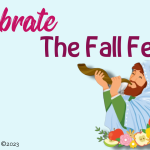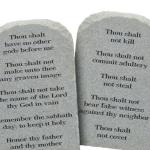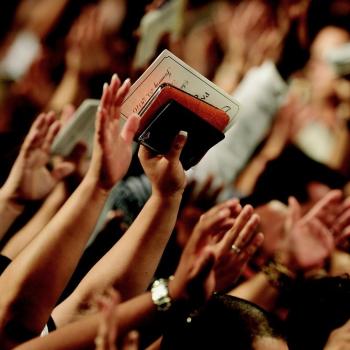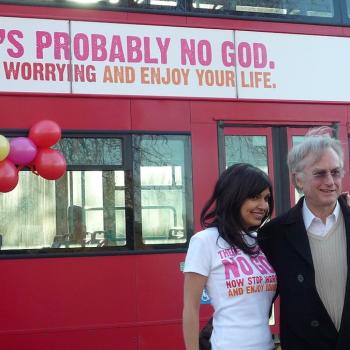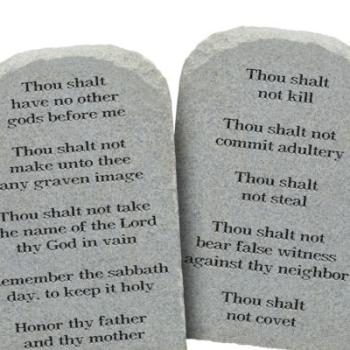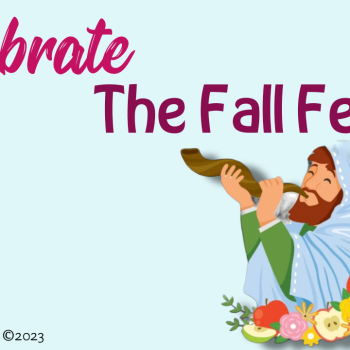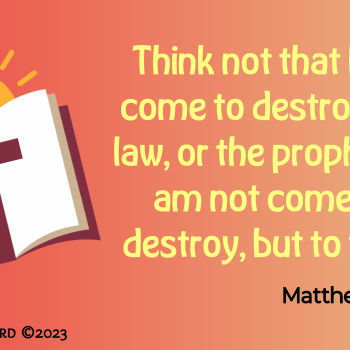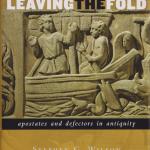Halloween. Should believers in Christ celebrate it?
Some say no. Some say yes. Most believers say they do, but not with intent to celebrate evil. God knows their heart, they say. Others say it’s a church day, celebrating the Saints, while others yet, claim they’re celebrating Martin Luther’s Reformation Day.
The thing is, Halloween is a day for celebrating the dead. A day that Celtic Pagans once believed was the one time each year the veil between the living and the dead was torn, and the two could mingle together.
 Halloween Customs
Halloween Customs
Many customs stem from that belief of the undead mixing with the living.
Costumes were made of monsters so that the living could blend in with the ghost and zombies that walked the night.
The carving of pumpkins, or Jack-o’-lanterns, comes from Celtic tradition of carving turnips. It was thought they would keep spirits at bay.
The Druids used this night to build fire rings and chant runes.
And the Romans held a feast to Pomona, the goddess of orchards.
In Catholicism, October 31 is a fast day – the Eve of All Saints. November 1 being All Saints Day, and November 2, All Souls Day, a time for remembering and praying for those in Purgatory.
So, as you can see, in past centuries, among different pagans, and even among some Christian denominations, Halloween is about celebrating or honoring death.
Reformation Day
Speaking of Christian denominations, October 31 is also know as Reformation Day. It’s the day Martin Luther nailed his Theses on the door of the church (Catholic) in Wittenberg, Germany.
In his call for reformation, he challenged the church on doctrine such as the existence of Purgatory. He called for a reformation to more Biblical doctrines. But did his call for reform go far enough?
Luther called the church out on many things, but never on topics such as idol worship and the changing of the seventh day Sabbath. As a matter of fact, he taught that a seventh day Sabbath was for Jews alone and no Christian should observe it, or fashion any of their worship after that of the Jews or Messianic Believers. Luther actually denounced Sabbatarian Christian groups as “foolish,” and he maintained a terribly anti-Semitic attitude.
In recent years, I’ve read posts from Torah Observant Christians, wanting to “take back” Halloween by putting emphasis on Reformation Day. But what they fail to understand or refuse to acknowledge is Luther, if he were here, would wish death upon them for their Torah Observant Lifestyle.
There is no need to redeem October 31. It is a day on the calendar, nothing more. Unless we put more on it, give it an importance. Which many do. And none of the importance they put on it is Biblical or Scriptural. Even what some may deem as religious or of the church is nothing but man-made traditions.
Paul Says..
However one wishes to regard the day is their choice. But as believers in Christ, we should at least heed the warning of Paul in 1 Corinthians 8:9.
There, in context, Paul is speaking of eating food sacrificed to idols. It seemed some believers were afraid to purchase meats in the marketplace, fearful it may have been given up to idols. The eating of such sacrifices prohibited by God.
Paul explains that if one purchases it, not knowing, it’s okay. But if one knows the meat is the product of sacrifice, they shouldn’t. Now, the food is not tainted. And the gods it was sacrificed to have no power. So, that’s not the issue. The issue is that of conscience.
When we know something is wrong to do – in this case, eating meat sacrificed to idols – but we do it anyway, and someone weaker or newer in faith sees us doing so, they may think that it’s okay and then get led astray, backslide, teach others incorrectly, etc. We become a stumbling block for others. We may have proper understanding, restraint, etc., but someone weaker may stumble.
Apply that to a holiday like Halloween. Churches all over partake in Trunk or Treat events, or even host haunted houses. For one, they are conforming to the world, compromising their beliefs to, supposedly, reach the world. We don’t need to conform or compromise to spread the gospel.
In the case of the individual believer handing out candy or, as some do to justify their celebration, pass out tracts, dressed as a clown or a cat, or maybe something scarier, they say God knows their heart. He knows they aren’t celebrating witchcraft, just having fun.
But how does a Church promoting a Halloween event or a known Christian in costume, handing out candy appear to the world – to unbelievers? Perhaps a bit hypocritical? Can that not be confusing to an unbeliever?
And what about to other Christians? Especially those new to the faith or weak in their faith? What happens when they are asked to a Halloween party or to play with a Ouija Board and see no problem with it because they saw you, an elder in the church, member of the choir, or just a vocal believer, dressed up and partaking in the day and so thought it was okay.
October 31 is just a day. And we have a choice of what we want to make of it, if anything. But before we make that choice, maybe we should think about what Paul said. It’s a matter of c
onscience and not necessarily ours.
Shalom!


